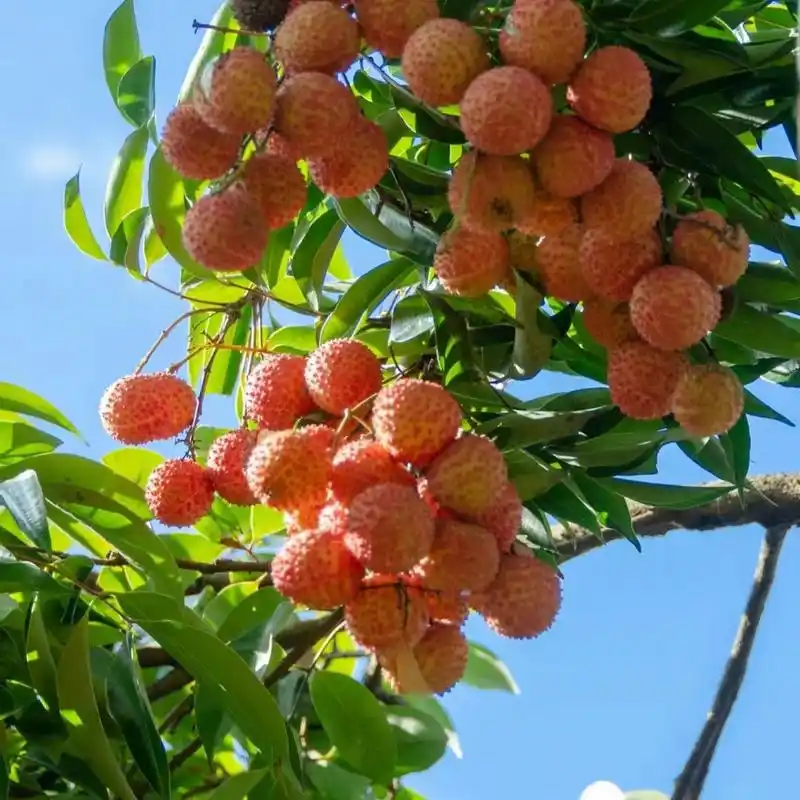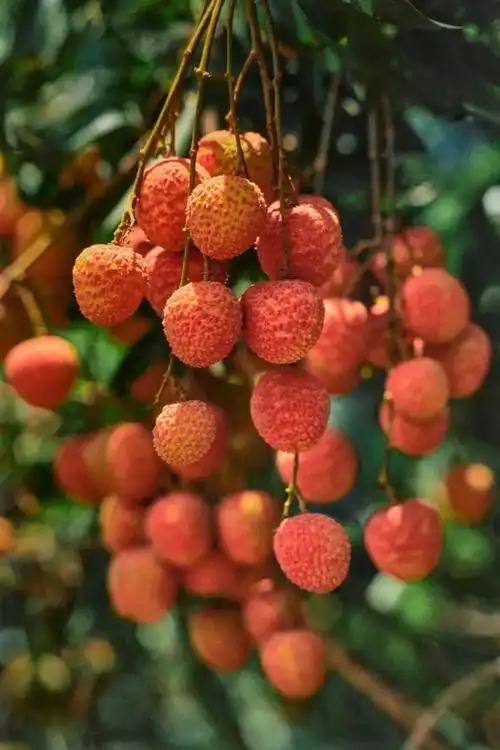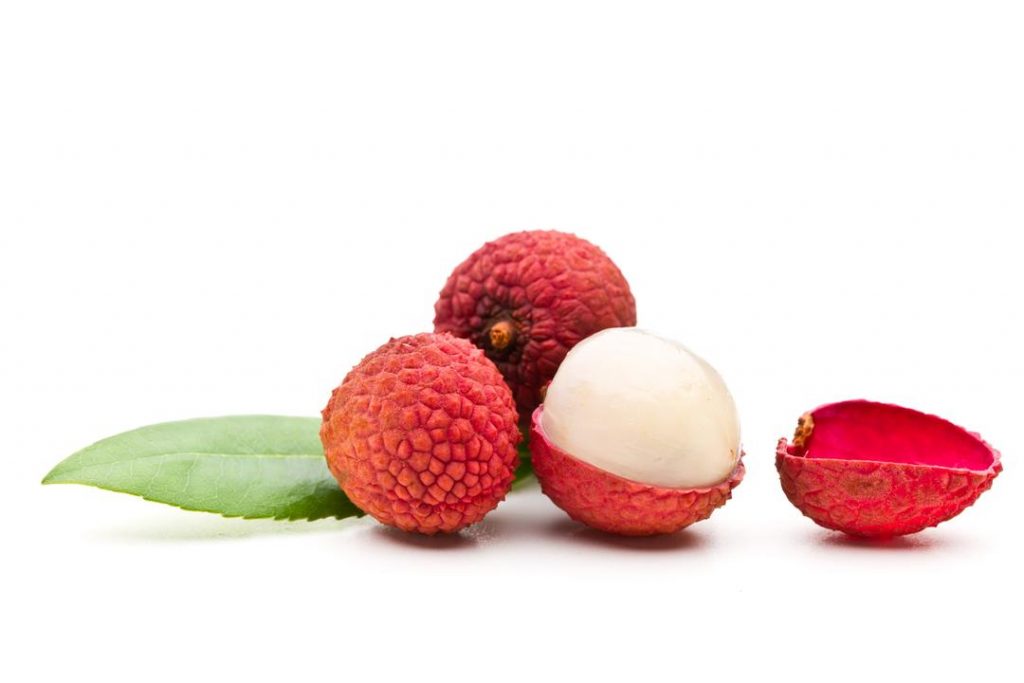


China, renowned as the world’s largest producer of lychee fruit, offers an unparalleled combination of quality, variety, and scale for global buyers. With centuries of cultivation expertise and advanced agricultural practices, Chinese lychee suppliers have become a cornerstone of the international fruit trade. This guide explores why China dominates the lychee market and how to identify reliable suppliers for your business needs.
Why Source Lychee from China?
1. Optimal Growing Conditions
Lychee thrives in subtropical climates, and China’s southern regions—Guangdong, Guangxi, Fujian, and Hainan—provide ideal conditions with fertile soil, ample rainfall, and warm temperatures. These areas account for over 80% of global lychee production, ensuring consistent supply and superior fruit quality.
2. Diverse Varieties
China cultivates numerous lychee cultivars, each with unique characteristics:
– Feizixiao: Known for its juicy flesh and early harvest season.
– Nuomici: Prized for its small seed and extra-sweet flavor.
– Guiwei: Recognizable by its vibrant red peel and crisp texture.
This diversity allows buyers to select fruits tailored to their market preferences.
3. Advanced Post-Harvest Technology
To preserve freshness, Chinese suppliers employ state-of-the-art cold chain logistics and precision packaging. Vacuum-sealed bags, temperature-controlled storage, and rapid transportation ensure lychees retain their flavor and texture during export.
Key Regions for Lychee Production
– Guangdong Province: The “Lychee Capital of the World,” contributing 60% of China’s total output.
– Hainan Island: Famous for organic lychee farms due to its minimal industrial activity.
– Fujian Province: Specializes in late-season varieties, extending market availability.
How to Identify Trustworthy Lychee Suppliers
1. Certifications and Compliance
Prioritize suppliers with Global G.A.P., ISO 22000, or HACCP certifications, which validate adherence to food safety and sustainability standards.
2. Transparency in Sourcing
Reputable suppliers provide detailed information about farming practices, harvest dates, and processing methods. Many offer virtual farm tours or third-party audit reports.
3. Customization Options
Top-tier suppliers accommodate bulk orders, private labeling, and tailored packaging (e.g., vacuum packs, gift boxes) to align with buyer specifications.
4. Logistics Expertise
Ensure suppliers have experience in international shipping, including proper documentation, refrigerated containers, and familiarity with import regulations in your country.
Seasonality and Order Timing
Lychee harvest in China typically runs from May to July, with peak availability in June. To secure the best inventory:
– Contact suppliers 2–3 months in advance.
– Discuss volume discounts for early commitments.
– Confirm shipping schedules to avoid delays during high-demand periods.
Sustainability and Ethical Practices
Leading Chinese lychee farms are adopting eco-friendly practices, such as:
– Integrated Pest Management (IPM) to reduce pesticide use.
– Water-Saving Irrigation systems to conserve resources.
– Fair-Trade Partnerships that support local farming communities.
Conclusion
China’s lychee industry combines tradition with innovation, offering global buyers access to premium fruit year-round. By partnering with certified suppliers who prioritize quality and sustainability, businesses can capitalize on the growing demand for exotic fruits in markets worldwide.
For optimal results, request samples, verify certifications, and establish long-term relationships with suppliers to ensure consistent access to China’s finest lychees.
Article link:https://www.vlefooena.com/manufacturer/3533/

No reply content